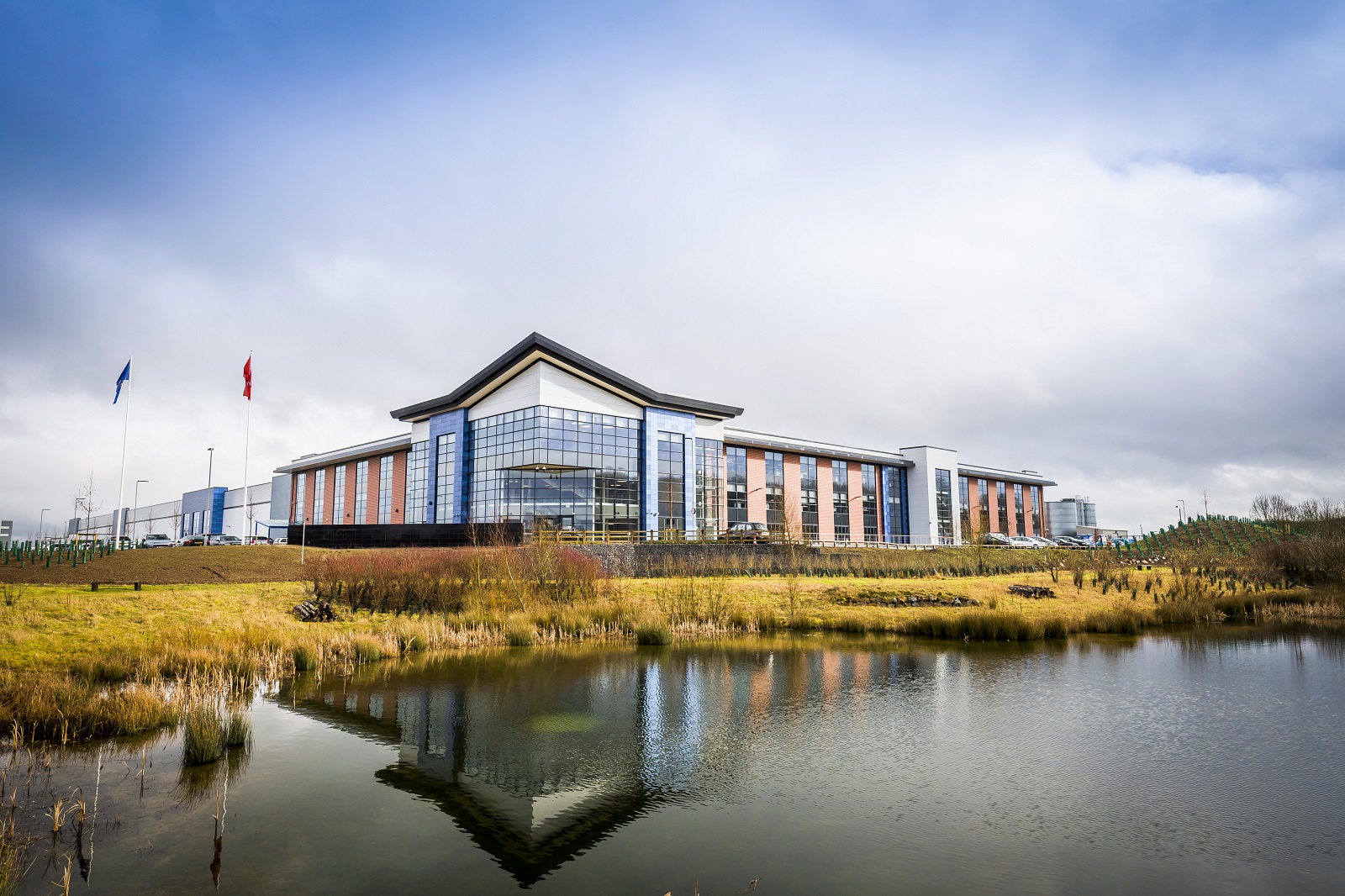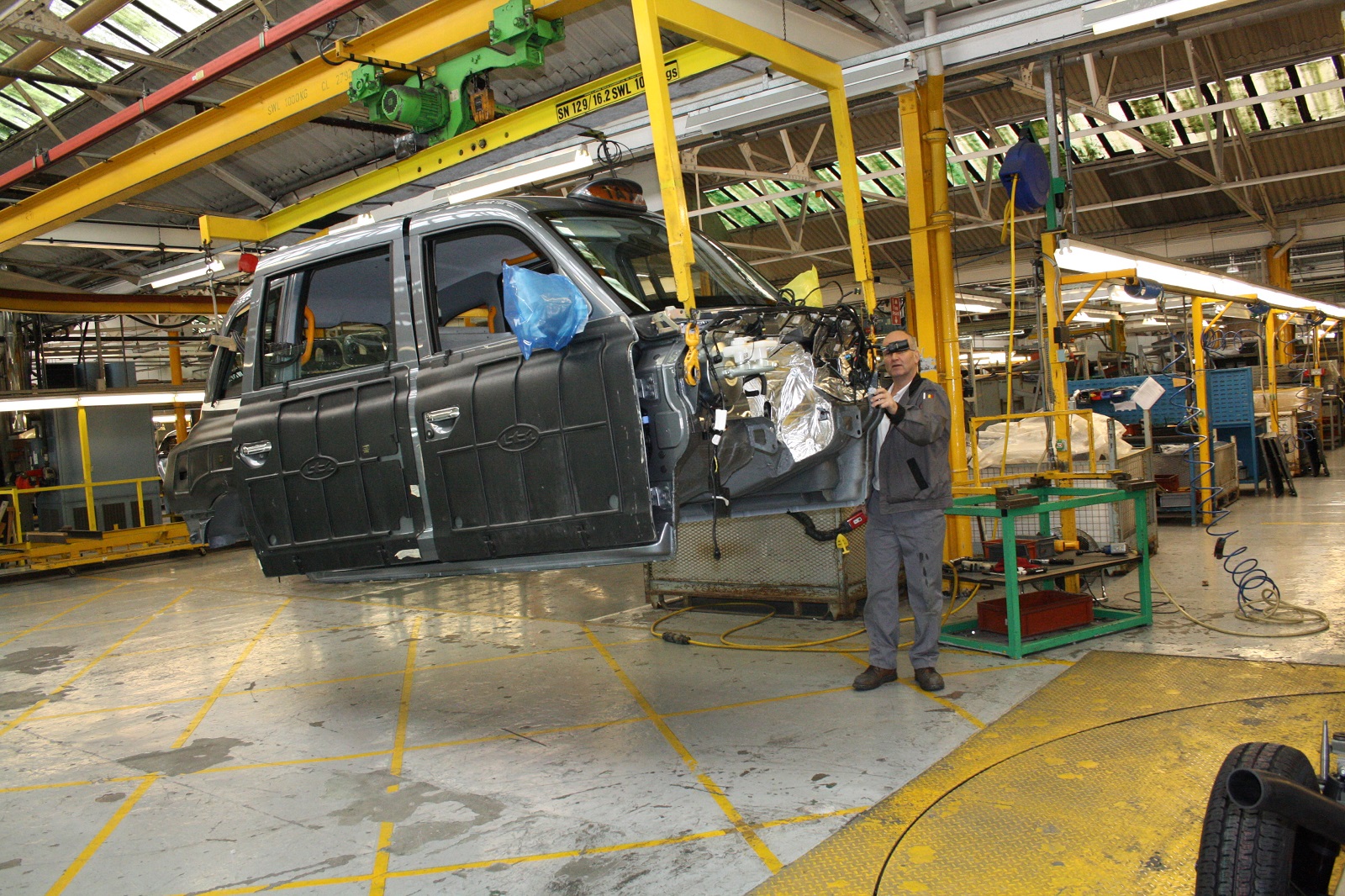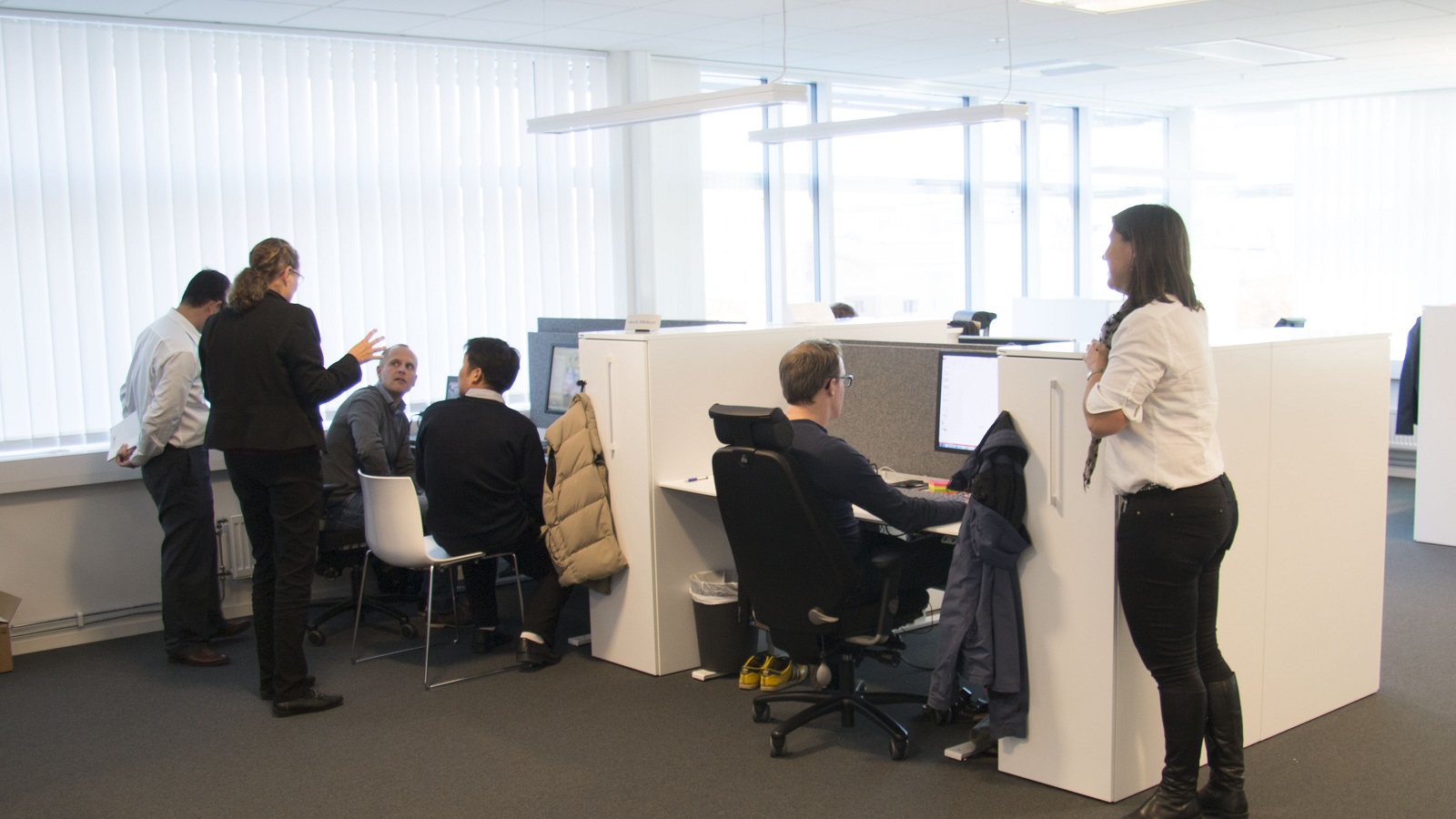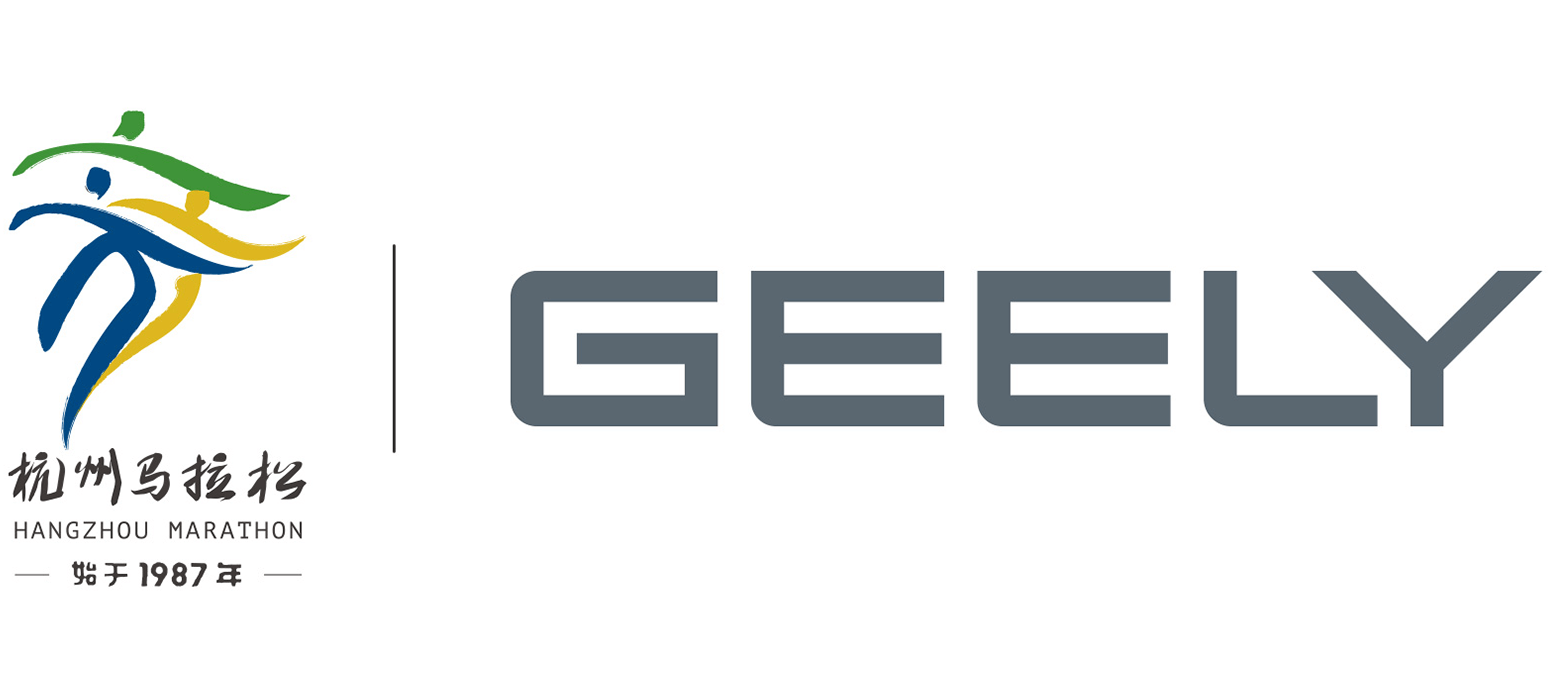Two workers one a veteran and the other new reflect on working on the newly revitalised London taxi
A Mallard duck dives below the surface of the pond surrounded by reed beds. This may seem a strange location for a £325 million car factory but the green field site set in a sensitive area amongst high tech neighbouring firms shows how much of an environmentally friendly operation the new LEVC production facility is.
Ultimately, though, it is the people and not the factory that make the company. The site houses 1,100 workers employed by both LEVC (London Electric Vehicle Company) and Emerald Automotive Design (EAD) split into roles including production, research, and administration. Spanning over 20 nationalities much of the team has been hand selected to make not only a new electrified London taxi but also to lead Geely’s push to electric commercial vehicles.

LEVC HQ and Plant in Ansty
While much of the team are new, some like Steve Fitter are a legacy of LEVC’s roots as London Taxis International and its various incarnations. Steve has been with the company for eighteen years is now Production Manager, Vehicle Assembly. For him the new state-of-the-art facility is a world away from the leaky roofed Holyhead Road factory which for 70 years built London’s iconic taxis.
“We had been struggling with cash flow for a long time. The business needed to invest in its plant and product line” says Steve.

London Taxi Company Old Holyhead Road Plant
This situation led to the company voluntarily going into administration in 2012 after an issue emerged with the jamming of the steering box. During administration the company was already looking at how to refocus and put the customer first. By February 2013 Geely emerged as the winning bidder for the company. “To our relief Geely got it. They were already supplying us with parts and the bodies and had already invested in the business” says Steve. From 2007 Geely had entered into a joint venture with the company.

Steven Fitter in LEVC Ansty Plant
Geely proved to be just the white knight needed to rescue the company. With the TX4 unable to meet new regulations for taxis set to come into force in January 2018, LEVC set about developing a new electrified taxi, the TX, with the support of the various companies that make up Geely Holdings. “This is a quantum leap in terms of the building, the vehicle and the engineering and investment that’s gone into it compared to the old place and the TX4” says Steve.
With the TX4 unable to meet the requirements for an emission free capability and unable to have its life extended any further the new TX was very necessary for the future of the company. “The vehicle is technologically way in advance of anything we have done before lots of new systems and ideas, methodology, and obviously it’s electric” says Steve.

Heidi Wang
Most of the workforce on the site is new to the company. Heidi Wang is one of about twelve Chinese people working for LEVC. A native of Harbin, famous for its snow and ice festival, she brings many years experience dealing with Chinese joint ventures with German automotive companies. As a project coordinator at LEVC she bridges the gap on projects within the company that involve members from different teams.
“I took a time to adapt to British English because of their special terms. It wasn’t just with automotive terms, because I was used to the German system, but oral communication as well. I was used to saying ppt or presentation but here we talk about slides” says Heidi.

One thing that has struck her is how much better people at LEVC work together ‘they always talk together’ whereas in her work in China she found it very hierarchical. The open plan office structure with even the CEO not having his own office adds to the cross-level and cross-functional communication.
“We are more flexible here. The decision making process is much faster and it is not so rigid when it comes to taking plans to the top” says Heidi.
She compares the company in fact to having an atmosphere like a start up. Empowerment is of high importance not just in LEVC but within Geely as a whole and it is part of the company’s strategic plan. Heidi finds this not only impressive but also highly motivating.
“When I was in China I had road-rage because of how drivers didn’t behave well, but I told my husband I haven’t been angry at all after I moved to the UK. I’m really happy working here” says Heidi. She appreciates the more relaxed working environment and that private life is respected. When she has time she likes to escape to rural parts of Wales to take in the countryside.
“When I was a child the most iconic features of Britain were Sherlock Holmes and the black cab” says Heidi explaining one of her main motivations for applying for the job. The location on the Ansty Park set in rural Warwickshire was likely also a draw for her. Workers can enjoy the landscaped pond area which houses a rare species of newt that needed to be relocated when the factory was built.


